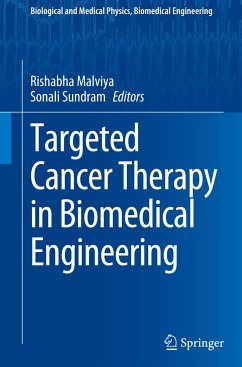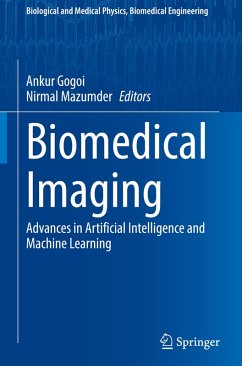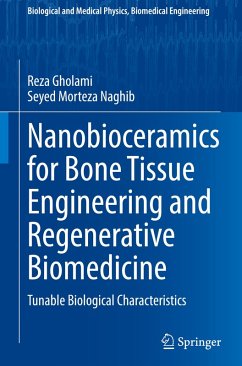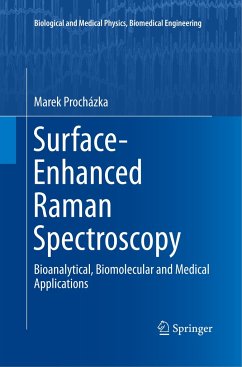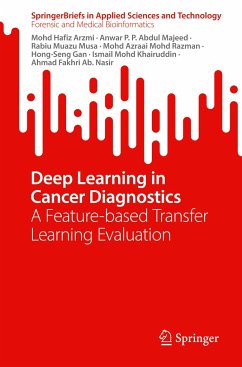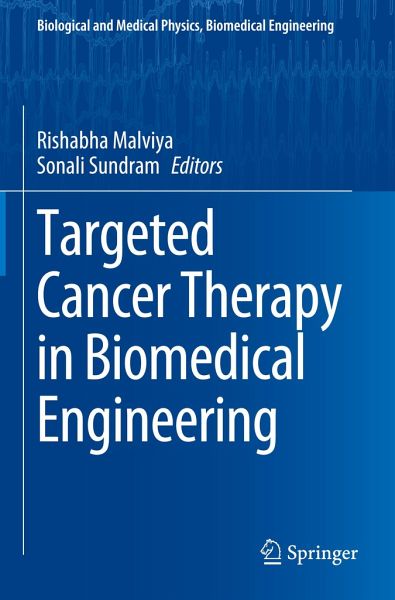
Targeted Cancer Therapy in Biomedical Engineering
Versandkostenfrei!
Versandfertig in 6-10 Tagen
92,99 €
inkl. MwSt.

PAYBACK Punkte
46 °P sammeln!
This book highlights the role of Biomedical Engineering (BME) used in diagnosis (e.g., body scanners) and treatment (radiation therapy and minimal access surgery in order to prevent various diseases). In recent years, an important progress has been made in the expansion of biomedical microdevices which has a major role in diagnosis and therapy of cancer. When fighting cancer, efficacy and speed are of the utmost importance. A recently developed microfluidic chip has enabled a breakthrough in testing the efficacy of specialized cancer drugs.Effective cancer-targeting therapies will require both...
This book highlights the role of Biomedical Engineering (BME) used in diagnosis (e.g., body scanners) and treatment (radiation therapy and minimal access surgery in order to prevent various diseases). In recent years, an important progress has been made in the expansion of biomedical microdevices which has a major role in diagnosis and therapy of cancer. When fighting cancer, efficacy and speed are of the utmost importance. A recently developed microfluidic chip has enabled a breakthrough in testing the efficacy of specialized cancer drugs.
Effective cancer-targeting therapies will require both passive and active targeting strategies and a thorough understanding of physiologic barriers to targeted drug delivery. Targeted cancer treatments in development and the new combinatorial approaches show promise for improving targeted anticancer drug delivery and improving treatment outcomes.
This book discusses the advancements and innovations in the field of BMEthat improve the diagnosis and treatment of cancer. This book is focused on bioengineering approaches to improve targeted delivery for cancer therapeutics, which include particles, targeting moieties, and stimuli-responsive drug release mechanisms. This book is a useful resource for students, researchers, and professionals in BME and medicine.
Effective cancer-targeting therapies will require both passive and active targeting strategies and a thorough understanding of physiologic barriers to targeted drug delivery. Targeted cancer treatments in development and the new combinatorial approaches show promise for improving targeted anticancer drug delivery and improving treatment outcomes.
This book discusses the advancements and innovations in the field of BMEthat improve the diagnosis and treatment of cancer. This book is focused on bioengineering approaches to improve targeted delivery for cancer therapeutics, which include particles, targeting moieties, and stimuli-responsive drug release mechanisms. This book is a useful resource for students, researchers, and professionals in BME and medicine.



